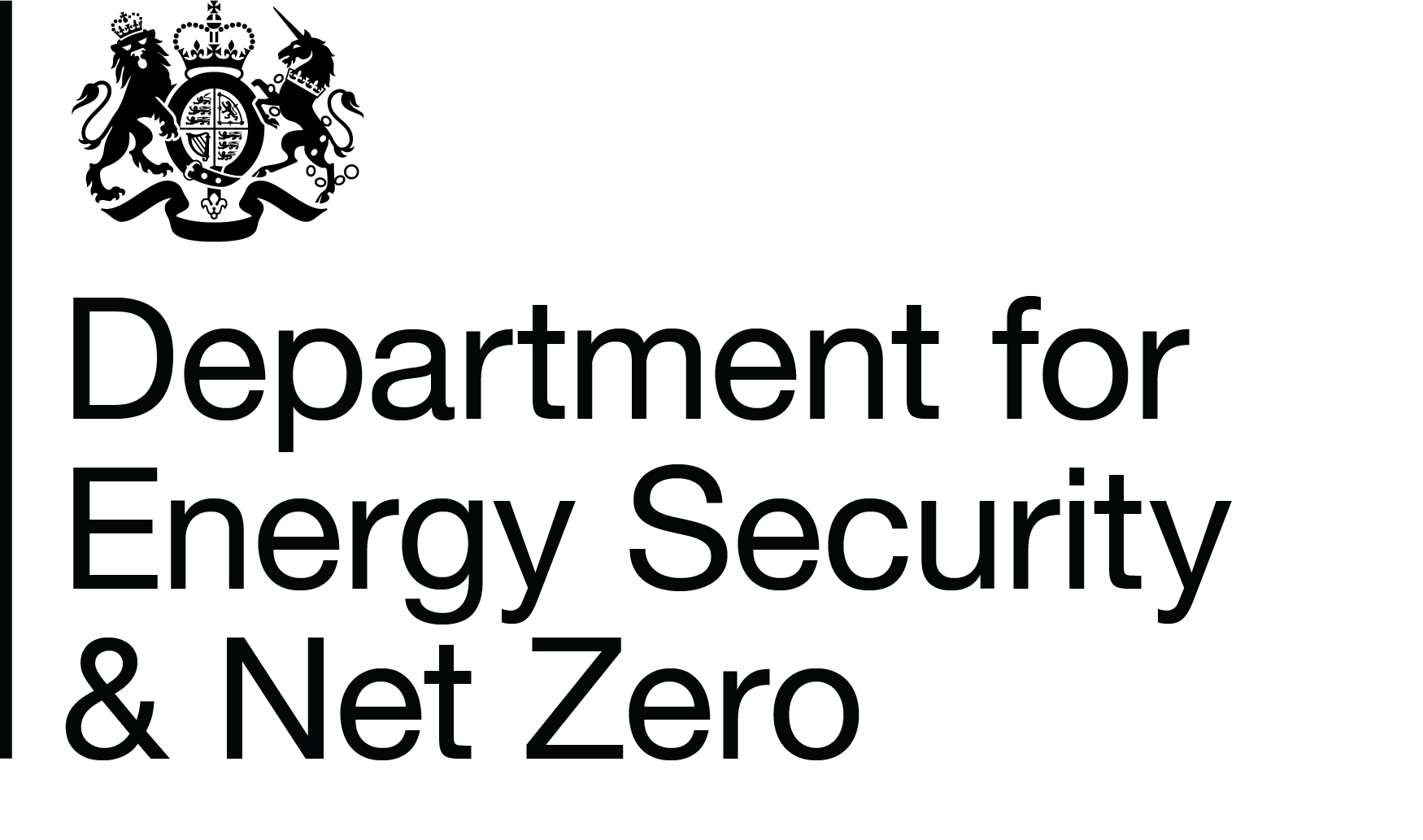Radiation (Emergency Preparedness and Public Information) Regulations 2019 – Post Implementation Review
Overview
Consultation deadline extended
We have extended the consultation deadline to Friday 29 September to allow more time for responses.
The Department for Energy Security and Net Zero, with the Ministry of Defence and the Health and Safety Executive, is conducting a post implementation review (PIR) of the Radiation (Emergency Preparedness and Public Information) Regulations 2019.
We are seeking feedback to determine:
- whether the regulations meet their original objectives
- whether their scope is still appropriate and proportionate
- their impact on operators and whether there have been any unintended consequences
- whether any changes are required to achieve those objectives which imposes less regulation or to change what the regulations prescribe.
This questionnaire contains 66 questions with a mixture of multiple choice and free text boxes. Time required to collect your feedback will depend on the amount of detail you provide but could range from 1 to 2 hours. There are 8 sections in total. There is the option to save responses and come back to them later.
If you anticipate you will be providing detailed free text responses, it may be preferable to use the MS Word version provided below to draft your response before submitting your response here.
Please complete by 11:59pm on 29 September 2023 (extended from 24 September 2023).
Background
REPPIR19 came into force on 22 May 2019 and replaced the previous 2001 Regulations. The policy objective of REPPIR19 is to ensure commensurate and proportionate emergency preparedness and response for the full range of nuclear and radiological emergencies including unforeseen events.
To achieve this, it introduced a number of changes:
- Revised definitions: Introduced new definitions, including for ‘radiation emergency’ and ‘emergency worker’;
- Consistent approach to assessing the full range of risks: Introduced a risk assessment framework and consequence assessment methodology, creating a standardised approach for sites to assess the full range of risks from a radiation emergency.
- Outline Planning Zones: introduced the concept of outline planning zones.
- Role of Local Authorities: placed a duty on operators to provide information to local authorities on the consequence of an emergency from a site and gives local authorities the duty to develop and own offsite emergency planning arrangements.
- National reference level: sets guidelines for the level of radiation exposure for a year that emergency plans should aim to keep below in the extremely unlikely event of a radiation emergency.
Review the regulations in full.
Confidentiality and data protection
Information you provide in response to this call for evidence, including personal information, may be disclosed in accordance with UK legislation (the Freedom of Information Act 2000, the Data Protection Act 2018 and the Environmental Information Regulations 2004). We will process your personal data in accordance with all applicable data protection laws and responders can withdraw their data at any point in the process. In line with our consultation privacy notice we may share your data with other organisations which have a direct interest in the regulations: for example Ministry of Defence, the Health and Safety Executive and the Office for Nuclear Regulation. We will summarise all responses and publish this summary on GOV.UK alongside the post implementation review documents. The summary will include a list of names of organisations that responded, but not people’s personal names, addresses or other contact details.
Audiences
- Nuclear
Interests
- Nuclear
- Nuclear
- Regulation and red tape

Share
Share on Twitter Share on Facebook